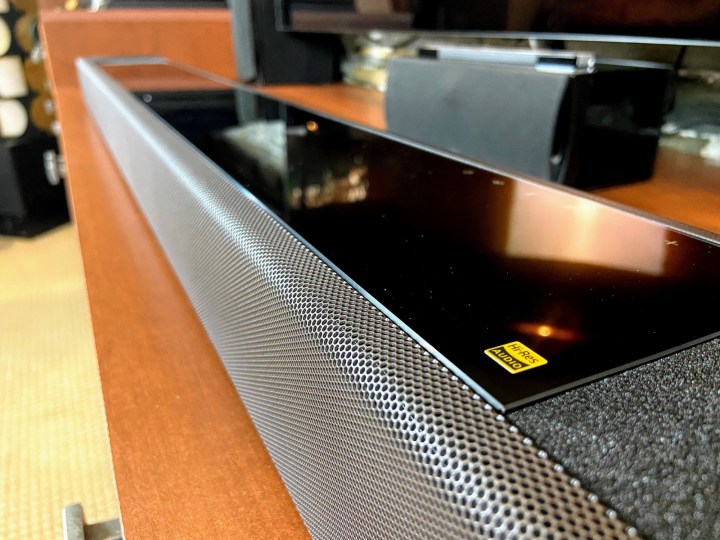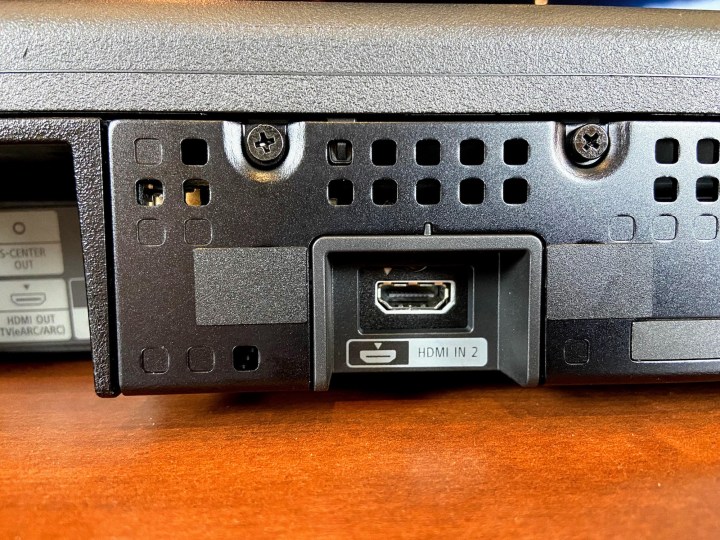
It’s been a long time coming, but the wait is almost over. Sony’s premium home theater soundbars are set to receive a software update that will add support for variable refresh rate (VRR) and auto low-latency mode (ALLM), two HDMI 2.1 gaming features that have been absent since these products launched.
The soundbars in question are the Sony HT-A5000, HT-A7000, and the multi-wireless speaker HT-A9 system. All three are scheduled to receive the update this fall, but Sony has declined to share specific timing, saying only that there will be more information closer to the rollout date.

For the most part, the update will only affect folks who use the soundbars’ dedicated HDMI input to connect a game console like the PlayStation 5 or Xbox Series X, or a computer. At the moment, those HDMI inputs are capable of passing 8K video at 60Hz and 4K at 120Hz, in addition to HDR formats like Dolby Vision, but not VRR or ALLM.
VRR is a key technology for games that use multiple frame rates throughout gameplay. Without it, a TV can’t match its refresh rate to the changing frame rates, which results in tearing — a clear mismatch on-screen that makes gameplay choppy. Even if you own a VRR-capable TV, connecting a PC through one of these soundbars currently will prevent the VRR signal from being sent to the TV. The update fixes this problem.
Similarly, ALLM lets the TV know that it should switch into its least heavy image processing mode so that it can provide the fastest response to controller input. But without ALLM support, using one of these soundbars means that gamers need to manually switch modes on their TVs to get the best performance.
Sony says that while the update will happen automatically when it’s released, you can always go into the product’s settings to check for (and implement) the update. When they’re available, the details will be posted to Sony’s support sitee.
Editors' Recommendations
- Sony just made all other wireless gaming earbuds obsolete
- Sony’s acquisition of Audeze is a little baffling
- LG’s 2023 soundbars go wireless, get on-screen controls, and game-friendly inputs
- Creative’s Katana V2X PC soundbar promises the same sound in a smaller footprint
- Sony’s latest Dolby Atmos soundbar is smart, modular, and one of its most affordable




